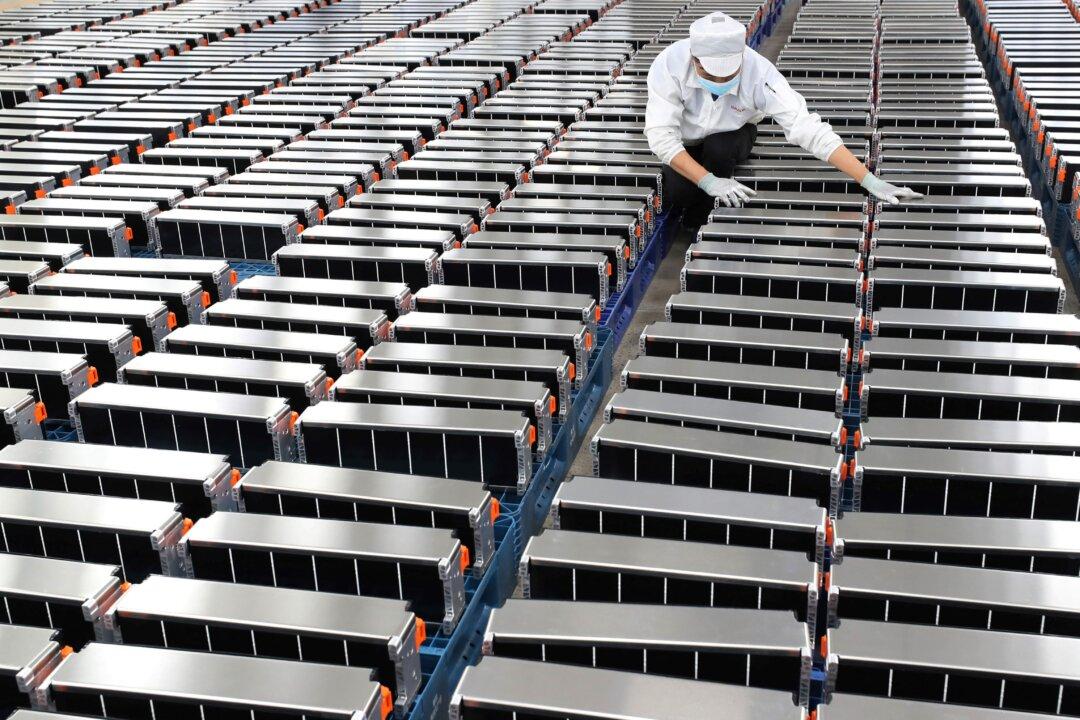Australia’s foreign investment regulator has been called in to probe the proposed appointment of a Chinese national to the board of a rare earth miner over concerns it could run foul of the country’s strategic interests.
Wu Tao was nominated as a prospective board member to Northern Minerals, which runs the Browns Range mine in Western Australia, and aims to become one of the world’s largest producers of dysprosium outside of China.





